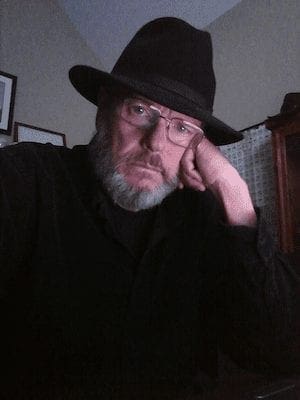I love to tease my classically trained minister of music that if he does my memorial service, I want the Beatles song “Let It Be” to be used as the central anthem.
I also regularly aggravate him by suggesting that the same song should be in our hymnal.
Obviously, the song is not hymn quality, and my friend knows that I am only half serious. But there is one haunting line that continues to creep into my imagination.
“When the broken-hearted people, living in this world agree, there will be an answer, let it be.”
I’m not sure what Paul McCartney had in mind when he wrote those words, but what they mean to me has to do with the reality of the effect of pain.
In 1987, Elaine Scarry, a Harvard University English professor, published a profound study dealing with the purpose of torture.
In her seminal work, “The Body in Pain: The Making and the Unmaking of the World,” she turned the notion of torture upside down.
The traditional notion of the purpose of torture is to extract information. This is the classic worst-case scenario used in defense of torture.
If we have a terrorist in custody who has information about some horrendous terrorist attack that is about to take place, don’t we use whatever means available to us to extract that information from that individual?
All the rules of ethics and humanity and jurisprudence go out the window as we do whatever we have to do to save lives.
Of course, what we have learned through the years is that torture does not necessarily extract accurate information.
People in pain are able to figure out what their torturers want to hear and say whatever they need to say in order to make the pain stop.
Torture does not lead to truth, but rather it creates compliance.
That was the conclusion that Scarry reached in her study. The true purpose of torture, she concluded, was not to secure information, but to enforce silence.
The tortured learn to keep silent in order to avoid the pain of the powers over them. If they will remain silent, if they will not dissent, then they can avoid the pain that comes from those who have the power to inflict pain.
Which takes us back to the Beatles song. When the broken-hearted people living in this world agree, there will be an answer.
If the broken, the despised, the dispossessed, the thrown-away, the ignored, the rejected, the unclean of this world found their voice, there could be an answer.
And of course, this becomes the challenge for the community of faith. Do we stand with those who impose silence and invisibility on the ones that Jesus called the “least of these in our midst”? Or do we become ministers that help them find and use their voices?
Are we facilitators of silence or are we ministers of grace?
Jesus took a fairly clear posture on this issue.
Come unto me all of you who labor and are burdened. I was hungry and you fed me. I was in prison and you visited me. I was naked and you clothed me. I was sick and you took care of me.
I didn’t have voice, and you gave me words.
When the broken-hearted in this world agree, there will be an answer – let it be.
JamesL. Evans is pastor of Auburn First Baptist Church in Auburn, Ala.

